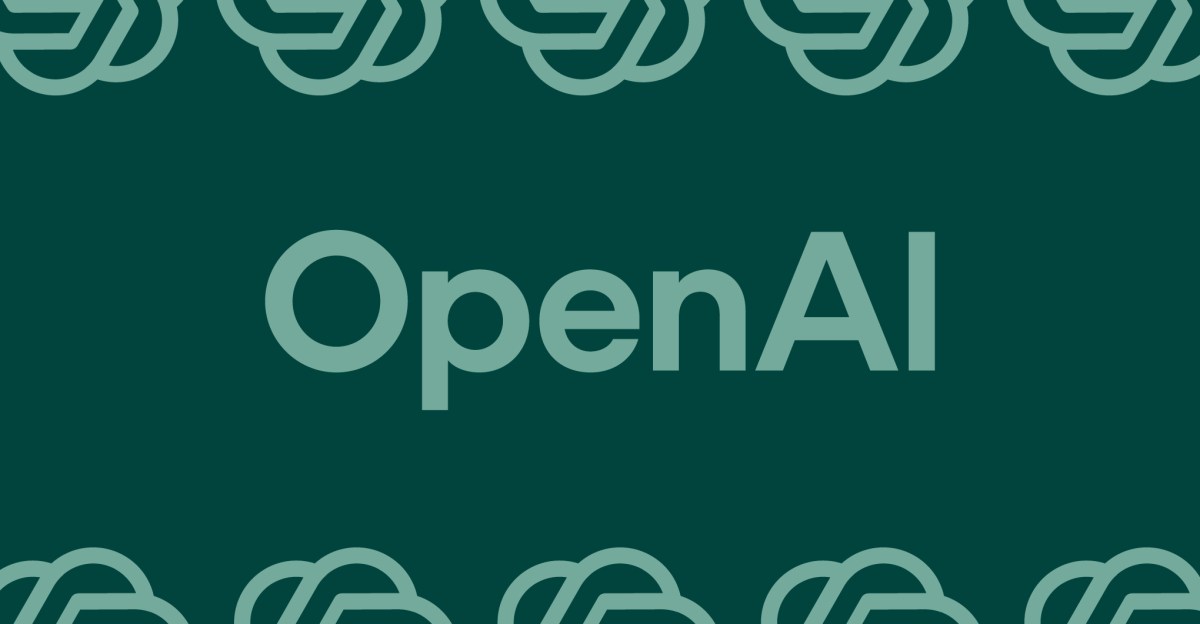Elon Musk’s Ambitious Bid for OpenAI: A Closer Look at the Decision
In a surprising turn of events, OpenAI’s board has unanimously turned down Elon Musk’s proposal to acquire the company. This decision raises significant questions about the future of AI governance and the implications of major tech figures vying for control over artificial intelligence advancements. As one of the co-founders of OpenAI, Musk’s interest in the organization has always been high, but this latest development marks a pivotal moment in the ongoing discourse about AI’s impact on society.
Understanding Musk’s Proposal
Elon Musk’s bid for OpenAI was not just a casual offer; it was a calculated move that stemmed from his long-standing concerns regarding the ethical implications of AI technology. Musk has been vocal about the dangers of unregulated AI, often warning that it could become a threat to humanity. His proposal aimed to steer OpenAI in a direction that prioritized safety and ethical considerations in AI development.
Key aspects of Musk’s proposal included:
- Increased Transparency: Musk advocated for greater transparency in AI research and development processes to ensure that advancements were made with public safety in mind.
- Ethical Oversight: He proposed establishing a dedicated oversight committee to monitor AI projects and ensure that they align with ethical guidelines.
- Collaboration with Regulators: Musk emphasized the importance of working closely with government agencies to create regulations that would govern the use of AI technologies.
The Board’s Response
Despite the merit of Musk’s intentions, the OpenAI board’s decision to reject the acquisition bid was unanimous and firm. This decision can be attributed to several factors:
- Mission Integrity: The board is committed to OpenAI’s mission of ensuring that artificial intelligence benefits all of humanity. They felt that Musk’s acquisition could compromise this mission by shifting the focus toward corporate interests.
- Independence of Research: OpenAI has positioned itself as an independent entity dedicated to AI research without direct influence from any singular individual or corporate entity. The board feared that Musk’s ownership could hinder this independence.
- Potential Conflict of Interest: Musk’s involvement with multiple tech companies, including Tesla and SpaceX, raised concerns about conflicts of interest that could affect OpenAI’s operations and decision-making.
Implications for AI Governance
The rejection of Musk’s bid has significant implications for AI governance. As major tech figures increasingly express interest in AI, the question of who controls this powerful technology becomes ever more pressing. Here are some potential ramifications:
1. The Need for Stronger Regulatory Frameworks
The growing interest from influential tech leaders like Musk highlights the urgent need for comprehensive regulatory frameworks to govern AI development and deployment. Proper regulations can help mitigate risks associated with AI, including ethical concerns and potential misuse.
2. Continuation of Ethical Discourse
Musk’s proposal re-ignited discussions around AI ethics and safety. OpenAI’s board’s decision to prioritize its mission over corporate control supports the notion that ethical considerations must remain central in AI discourse.
3. The Role of Collaboration
Collaboration between tech companies, regulators, and ethicists will be crucial in shaping the future of AI. OpenAI’s independence allows it to serve as a neutral ground for fostering such collaborations, ensuring that diverse perspectives are considered in AI governance.
The Future of OpenAI
With Musk’s bid behind them, OpenAI is poised to navigate the complex landscape of artificial intelligence without the shadow of corporate ownership. The board’s commitment to its foundational principles opens up opportunities for continued innovation while adhering to ethical standards. Here are some potential paths forward for OpenAI:
- Expanding Research Initiatives: OpenAI can focus on expanding its research initiatives, exploring new frontiers in AI that align with its mission of benefiting humanity.
- Strengthening Collaborations: The organization can seek partnerships with universities, research institutions, and other tech organizations to foster collaborative AI research.
- Engaging with Policy Makers: OpenAI has the chance to engage more actively with policymakers to advocate for responsible AI regulations.
Conclusion
Elon Musk’s ambitious bid for OpenAI has become a significant chapter in the narrative of artificial intelligence governance. While the board’s decision to turn down the proposal highlights the complexities involved in navigating the future of AI, it also reinforces the call for ethical oversight and responsible innovation. As the AI landscape continues to evolve, the focus on collaborative governance will be paramount. The conversation surrounding AI’s impact on society is just beginning, and OpenAI remains at the forefront, championing the belief that technology should serve humanity and not the other way around.
Ultimately, the rejection of Musk’s offer serves as a reminder that the future of AI does not belong to one individual or corporation but to the collective efforts of society to steer the course of technological advancement ethically and responsibly.
See more Future Tech Daily

